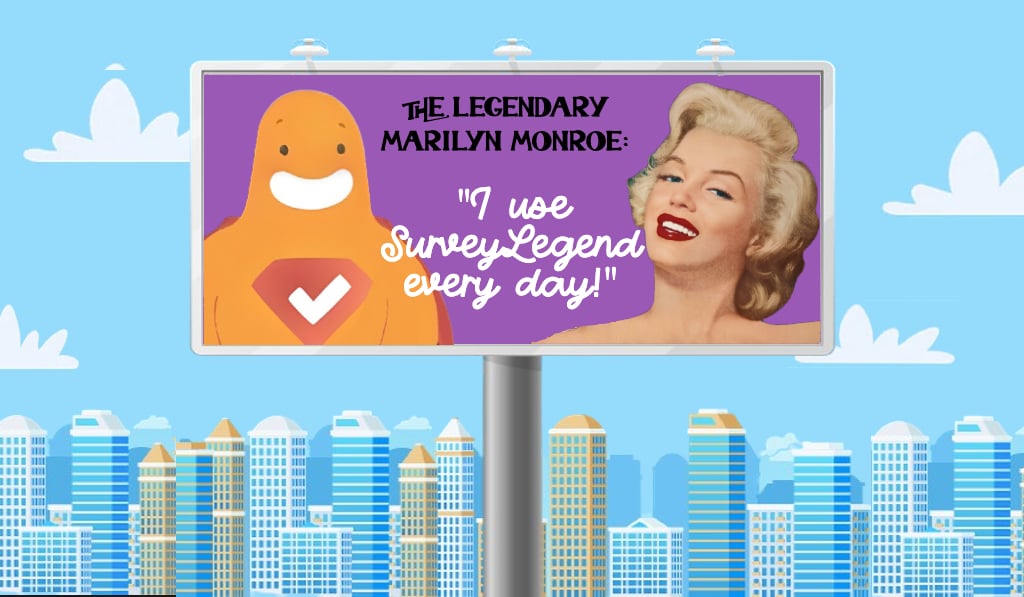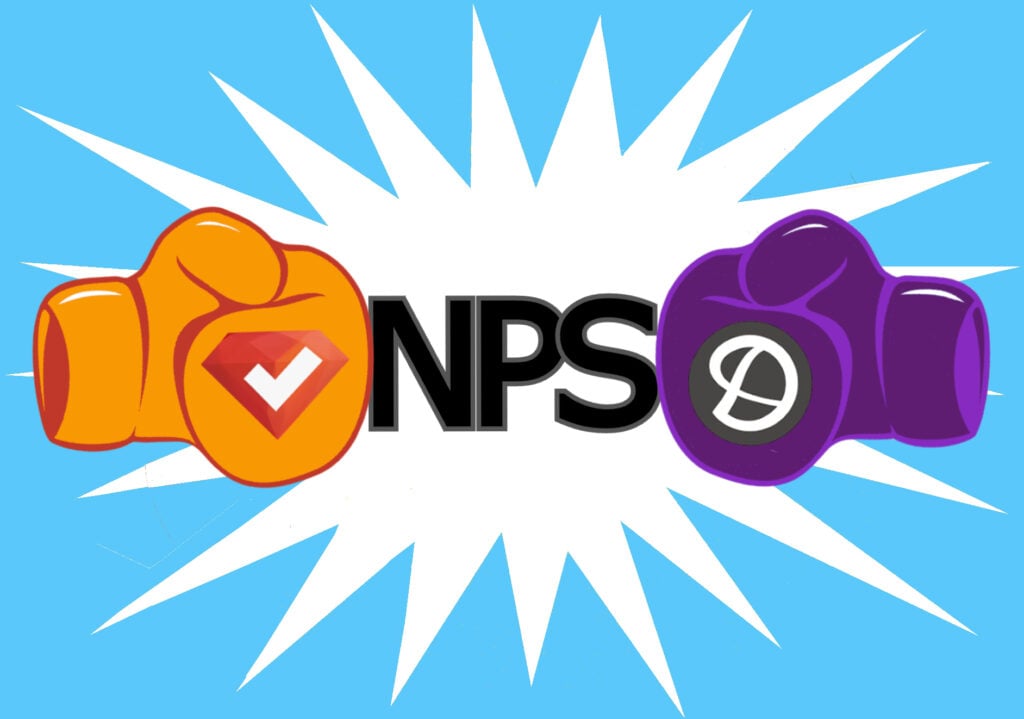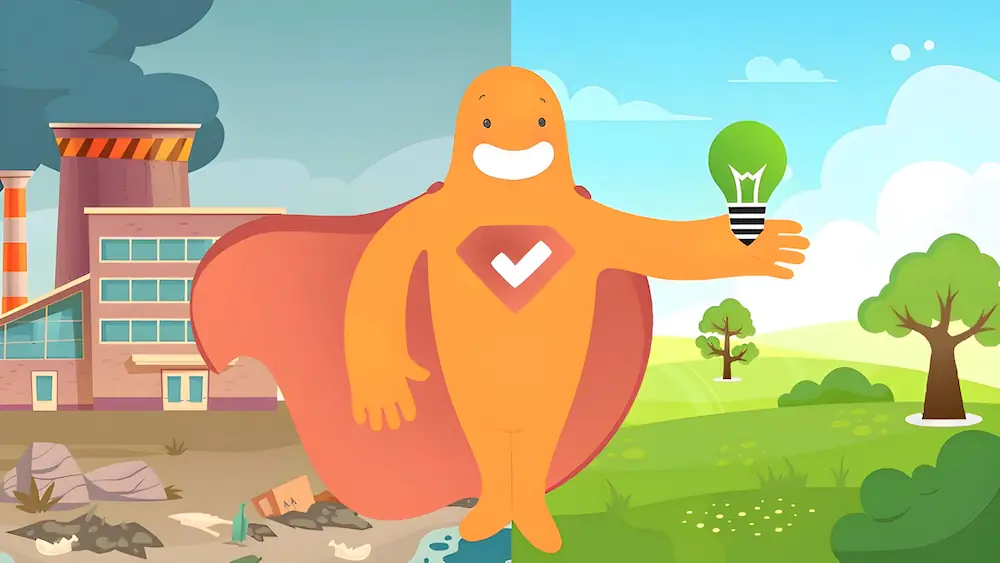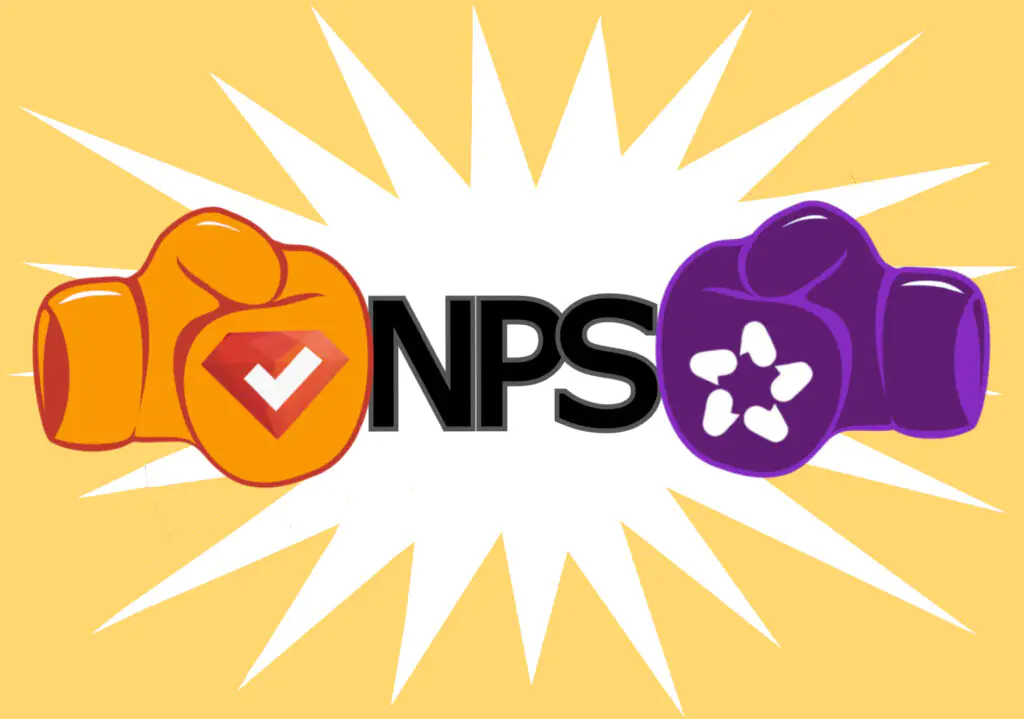Okay, so maybe Marilyn wasn’t a SurveyLegend user; this was actually a testimonial ad for Lustre Creme Shampoo back in the 1960s. But celebrity testimonials are only one type of marketing technique anyhow. Most companies still like highlighting testimonials from everyday folks, using their words to market products to others in the same demographic. To collect these (hopefully) glowing reviews, they’ll use testimonial surveys.
Create your FREE Testimonial Survey Now!
What Is A Testimonial Survey?
A testimonial survey, or feedback survey, is a type of survey designed to collect personal accounts or reviews from people highlighting their experiences, opinions, or satisfaction with a product, service, or event. Their feedback, when positive of course, is then used for marketing or promotional purposes.
Testimonial surveys may use a variety of types of questions, but tend to focus on open-ended questions so that respondents can provide detailed responses in their own words. The survey will ask about their personal experiences, looking to collect real-life examples of how someone has benefited from or used a product or service.
It’s important to remember that any testimonial survey should include a disclaimer, asking for “permission to use.” If a company were to use a respondent’s words without permission, it could be looking at a legal battle. More on this in a bit.
7 Reasons To Use A Testimonial Survey
Companies use testimonial surveys because they can significantly influence the purchasing decisions of other consumers. Here’s why:
1. Social Proof
Testimonials provide social validation. They show potential buyers that others have had positive experiences with a product or service. This reassurance helps reduce the perceived risk of making a purchase.
2. Trust and Credibility
Consumers are more likely to trust peer reviews or experiences from real people than traditional advertising. Testimonials help build credibility for a brand by offering authentic feedback.
3. Emotional Connection
Testimonials often highlight specific problems people have had that were solved with a product or service. They may also highlight certain benefits. Either way, this creates an emotional connection. When potential customers identify with the experiences of someone in a testimonial, they are more likely to be persuaded to buy.
4. Relatable Experiences
Seeing testimonials from people with similar needs or preferences can make a product or service more appealing to potential buyers. They may think, “Well, if it worked for them, it could work for me.”
5. Impact on Hesitant Buyers
Testimonials can help overcome objections and hesitations. Positive reviews about product quality, customer service, or ease of use can directly address the concerns of undecided buyers.
6. Easy, Inexpensive Endorsement
Some companies can spend millions to have a celebrity rave about their brand; however, real people can be just as effective and cost nothing (or very little). It can be an impactful, yet easy and inexpensive, endorsement. They really don’t even have to come up with their own advertising campaign; the advertising testimonials become the campaign!
7. Build Brand Image
Testimonials help shape the narrative around a brand. By sharing positive customer testimonial stories, companies reinforce their brand identity and communicate values like quality, reliability, or excellent customer service.
Create your FREE Testimonial Survey Now!
Testimonial Survey Mistakes To Avoid
When conducting a testimonial survey, you could receive negative feedback. Of course, you’re not going to share that in a campaign but it is an opportunity to make improvements if the criticisms are valid.
But feedback surveys can backfire in other ways. For example, if your testimonials appear inauthentic. Any testimonial that appears scripted or fake will likely erode trust rather than build it. So, be sure you’re not trying to control the narrative with your surveys and avoid survey bias that could lead people to answer in a specific way (learn more about survey bias here).
A tone-deaf testimonial can also be a turn-off, even if it’s real. For example, if a luxury car or jewelry brand uses testimonials about big spending during a time of economic downturn, it may alienate certain audiences.
Lastly, if a company uses testimonials without proper consent, it can lead to legal or ethical issues. Customers may feel violated if their personal feedback is made public without their approval, damaging the company’s relationship with them.
Legal Implications With Testimonial Surveys
While testimonial surveys can be a great marketing tool, it’s important to understand that there can be legal implications in areas related to privacy, consent, accuracy, truth in advertising, and more.
Informed Consent
Companies must obtain explicit permission from individuals before using their testimonials in marketing materials. This includes making sure customers understand how their testimonial will be used (e.g., on websites, ads, social media). Always get written consent to avoid future disputes over the use of personal data or likenesses.
Truth in Advertising
Testimonials need to be truthful and not misleading. The Federal Trade Commission (FTC) in the U.S. and similar authorities in other countries require that testimonials reflect real experiences and not exaggerate the benefits of a product or service. If a testimonial presents an experience that is not typical (e,g,, only one in 100 people experienced weight loss with a new diet product), companies must disclose this clearly with statements like, “Results not typical or guaranteed for everyone.”
False or Deceptive Claims
Any claims made in testimonials must be backed up by evidence. If a testimonial claims a product can achieve a specific outcome (e.g., “This pill cured my back pain”), the company must have data or studies to support those claims.
Endorsement Guidelines
If a company compensates a testimonial provider in any way (e.g., free products, monetary payment), this must be disclosed. The FTC requires that any material connection between the endorser and the company be made clear to avoid misleading consumers. It’s important to understand that when using testimonials from influencers or celebrities, disclosure rules are especially strict. They must clearly indicate if the celebrity was paid, sponsored, or gifted a product in exchange for their endorsement.
Privacy and Data Protection
Testimonial surveys often collect personal data, such as names, photos, or even health-related information. Companies must comply with data protection laws, such as the General Data Protection Regulation (GDPR) in the EU, and ensure that personal information is collected, stored, and used responsibly. Customers should also be able to withdraw their consent for their testimonial to be used at any time. If a person changes their mind, companies must remove or stop using their testimonial.
Defamation and Liability
If a company publishes a testimonial with claims that harm others or make false comparisons to competitors, they could face legal action for defamation or unfair competition.
Survey Testimonial Example
Below is a testimonial example of a welcome page and a brief survey created with SurveyLegend for the fictional “Zuzu’s Pizza.” The welcome page ensures legal compliance by including a consent statement, informing customers their comments could be used in promotional material if they submit the form and that they have the ability to pull that consent at any time.
The survey itself is simplistic for testimonial example purposes, but shows that there can be both qualitative feedback (via open-ended questions) and quantitative data (ratings). Also note that no question introduces bias, and the open-ended question even asks “why you would or would not return,” not giving the expectation that they would come back.
Welcome Page
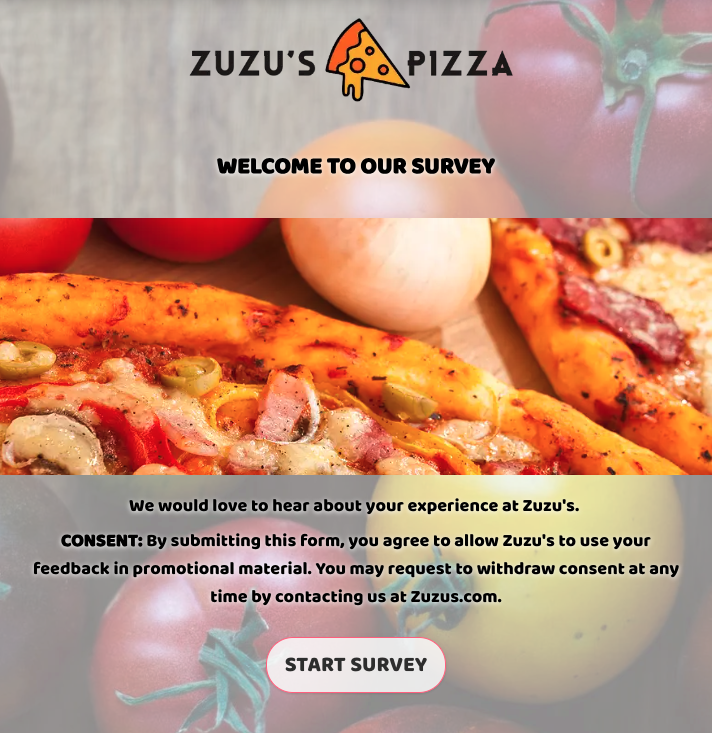
Survey Page
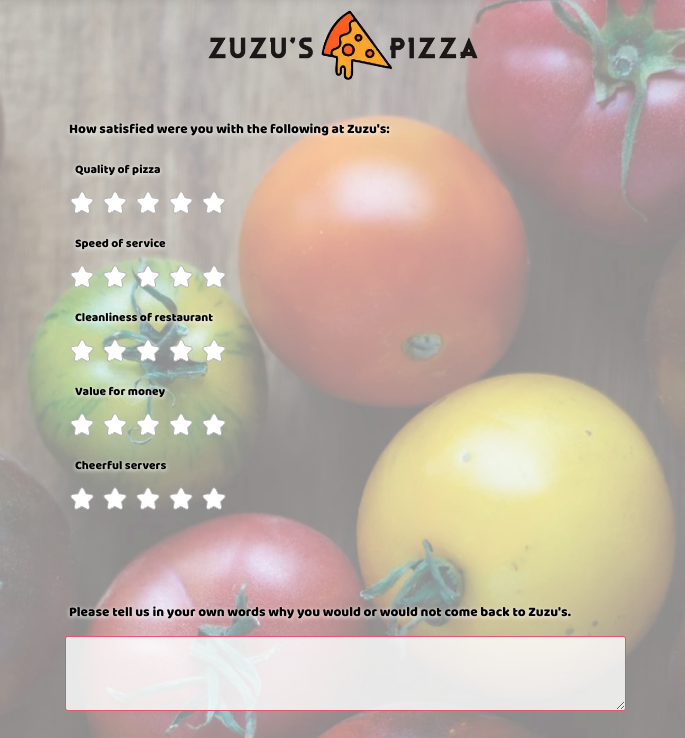
Conclusion
A testimonial survey gives companies valuable, authentic feedback that can be used in marketing and promotional materials to build credibility and influence potential customers’ purchasing decisions. Testimonials also serve as powerful social proof, showcasing real-life success stories that resonate with future buyers.
Of course, companies must be wary of using misleading, fake, or overly positive testimonials, which can damage trust. They also need to get explicit consent to use a customer testimonial or could face legal repercussions.
Now that you know the facts, are you ready to create your testimonial survey? SurveyLegend is easy to use, fun for respondents, and completely secure. Start today for free!
Have you ever been part of a testimonial survey? Have you ever seen your comments in promotional material? We’re just curious – let us know in the comments!
Create your FREE Testimonial Survey Now!
Frequently Asked Questions (FAQs)
While many people are receptive to testimonial surveys, companies should focus on providing a seamless, respectful, and incentive-based approach to maximize participation. Keeping surveys short and meaningful, and emphasizing the importance of customer feedback, can improve response rates.
Celebrity testimonials can backfire if the celebrity becomes involved in a scandal, damaging the brand’s reputation (think Diddy). There’s also the risk that the celebrity will overshadow the product, making the endorsement feel inauthentic or purely transactional, which can turn off consumers. Additionally, the high cost of celebrity endorsements may not always yield a strong return on investment.
To avoid legal complications, companies must get clear and documented consent from respondents. They should do what they can to ensure testimonials are truthful and represent real experiences. If respondents are paid for their testimonials, companies should disclose any compensation. Lastly, always check with local laws and regulations, especially around data protection and advertising standards.

